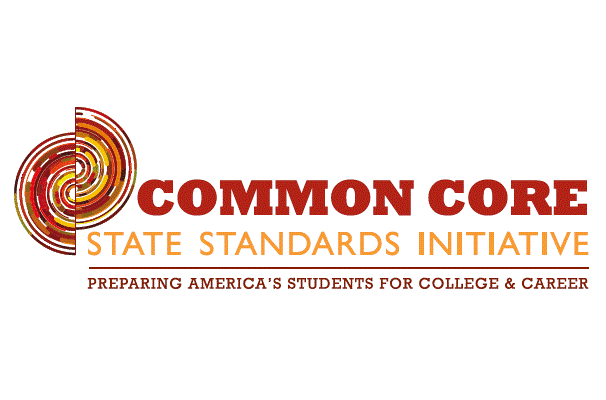Dumbed-Down Common Core

Big name Republicans and putative conservatives signing onto the Obama Administration’s Common Core education reforms in the belief that they will raise standards in public schools may want to entertain the possibility that they will actually lower them.
Stan Karp writes in Rethinking Schools that “For many teachers, especially in the interim between the rollout of the standards and the arrival of the tests—a lot of Common Core’s appeal is based on claims that:
- “It represents a tighter set of smarter standards focused on developing critical learning skills instead of mastering fragmented bits of knowledge;
- “It requires more progressive, student-centered teaching with strong elements of collaborative and reflective learning; “ and
- “It will help equalize the playing field by raising expectations for all children, especially those suffering the worst effects of ‘drill and kill.’”
Available evidence indicates Common Core adherents may be disappointed in all of these expectations. “David Coleman, head of the College Board (of SAT fame) and sparkplug to the creation of the Common Core State Standards (CCSS), seems to believe that if we can measure it, we can know it and evaluate it,” Aaron Barlow of the American Association of University Professors writes. “He also seems to believe that measurement results in truth absolute, not truth relative, a mindset more comfortable to 18th and 19th-century thought than it should be to the 21st-century world of post-Einsteinian understanding.” Barlow is an Associate Professor of English at the New York City College of Technology (CUNY).
Coleman’s College Board has revised the SATs. “The new exam will contain ‘relevant’ vocabulary words, focus in greater depth on fewer math topics, and ask students to cite specific passages that support their answers,” Eric Hoover reported in the Chronicle of Higher Education. “The revised exam will have three sections: ‘evidence-based’ reading and writing, mathematics, and an essay.”
“The latter section will be optional and will be scored separately, meaning the SAT once again will have a 1600-point scale, just like when your father took it.” How many students are going to take up that option?
The change in the status of the essay was fairly widely reported. Another alteration Hoover reported on was not. “Another change: Students will no longer have points deducted for incorrect answers,” Hoover recounted. “Currently, each wrong answer results in a quarter-point deduction.”
Barlow avers that “Coleman is certainly going to yoke his revised SAT to his CCSS, leading American education further down a defined and restrictive path to a model of education completely unable to change with the times and that sees itself only in terms of itself.” This is indeed a distinct possibility, and one that does not augur well for the alleged rigor of the Common Core standards.




